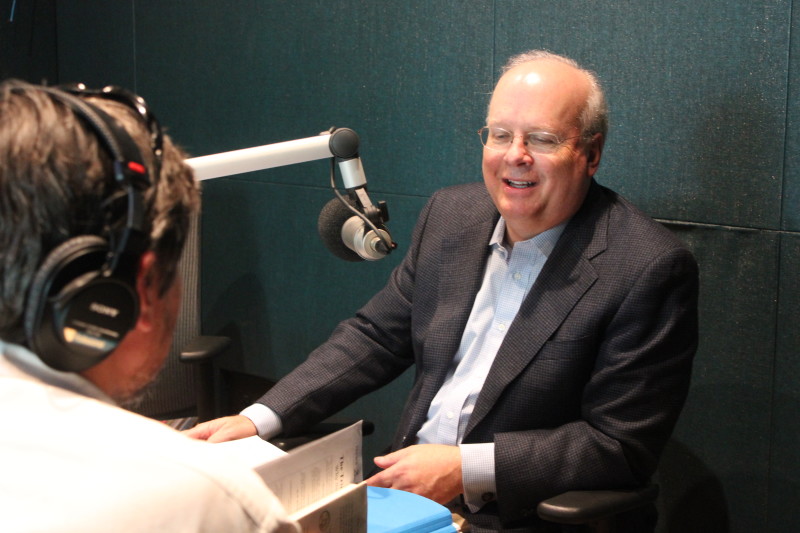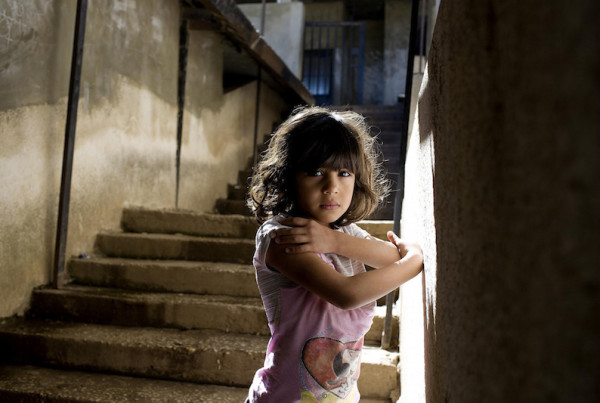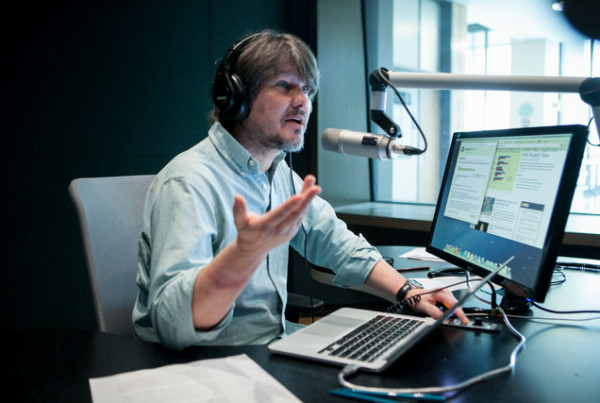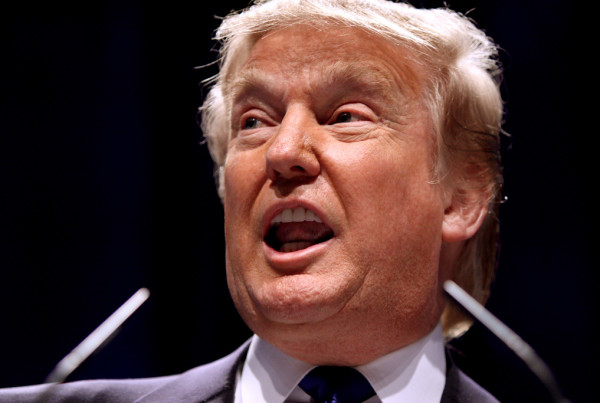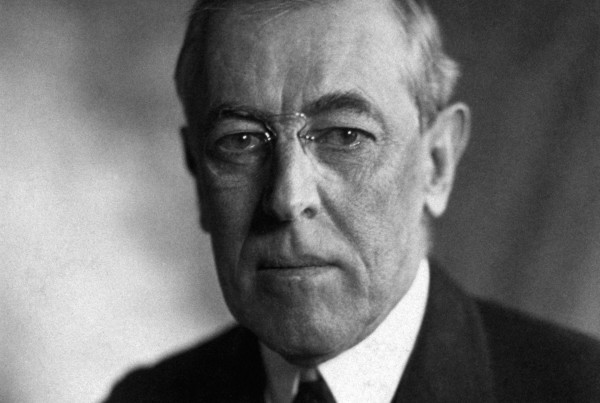Karl Rove is often referred to as the architect of former president George W. Bush’s campaigns in 2000 and 2004. He was known to mention William McKinley’s presidency quite often on the campaign trail and has now written a book on the man, titled “The Triumph of William McKinley.”
“Politics in the years leading up to the 1896 election looked like politics today,” Rove says. “The political system is broken. There are five presidential elections in which nobody gets 50 percent of the vote.”
On McKinley’s effect on American politics:
“Before the election of 1896, politics looks one way, and after 1896, it looks another way. For the next 36 years, one party – the Republican party – dominates American politics… running a modern presidential campaign by doing three things:
1. “[McKinley] lays out a comprehensive and constructive vision for the future of the country, in which he says ‘There’s a place for you in this vision, everybody.'”
2. McKinley grows the by party by engaging “people who have not traditionally been Republicans.”
3. McKinley emphasizes national unity, “in contrast to his opponent, who was eviscerating his enemies inside the Democratic party.”
On how the book relates to the next presidential election:
“I wrote this book as a work of history, not as a polemic for either party…. History gives us lessons, and this book, if it has any lessons for the present, gives both parties lessons as to how they can gain a durable majority, how they could win the election.
“I think the message out of this book was: We had a close election in which either side could have won and at the end of the day, the candidate who had a positive and optimistic vision for the country’s future and talked about that vision consistently and constantly and found ways to talk about it in ways and forms that attracted new people to vote for his party, was a candidate who won.”
On McKinley’s death as a turning point on terrorism in America:
“What’s interesting is, we’ve been through this drama before. There was an anarchist movement at the end of the 19th century, they killed members of the royal families of Hungary and Russia, they made attempts on the president of France and the president of Italy and the president of Spain.
“In September of 1901, McKinley is killed by a terrorist, who approaches him in the receiving line of the Hall of Music at a World’s Fair in Buffalo, New York, and shoots him twice at close range. You read the headlines about ‘a terrorist threat.’ When Leon Czolgosz, the man who killed McKinley is arrested by the police, he says, ‘I done by duty’ and the idea of an attack upon the government of the United States ‘was deeply, deeply troubling to the American people.'”
Listen to the full interview in the audio player above.


